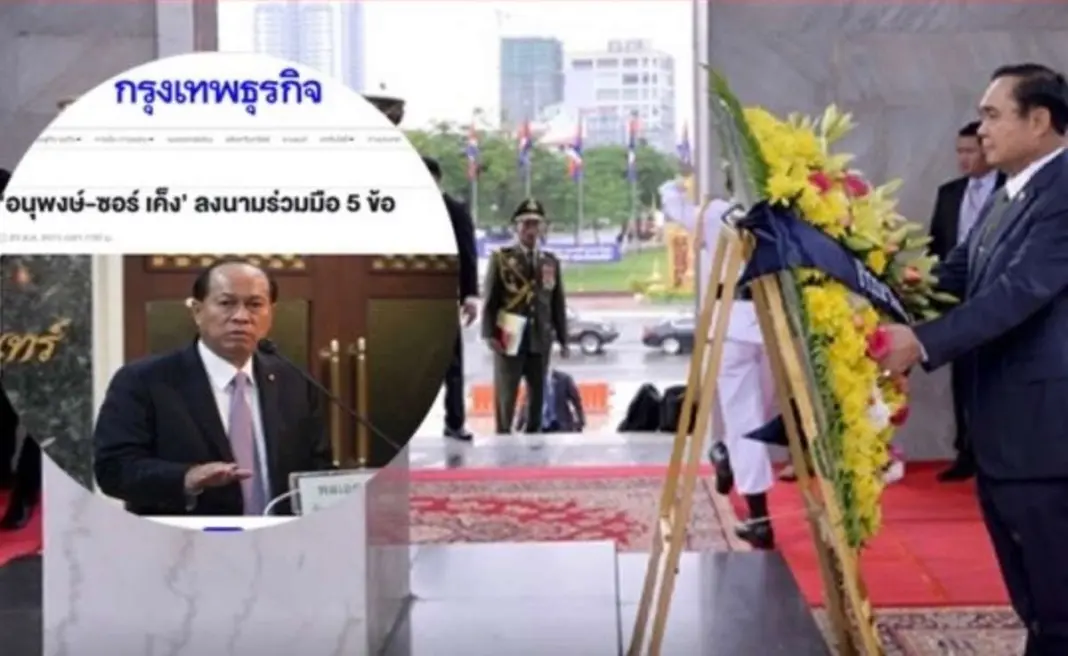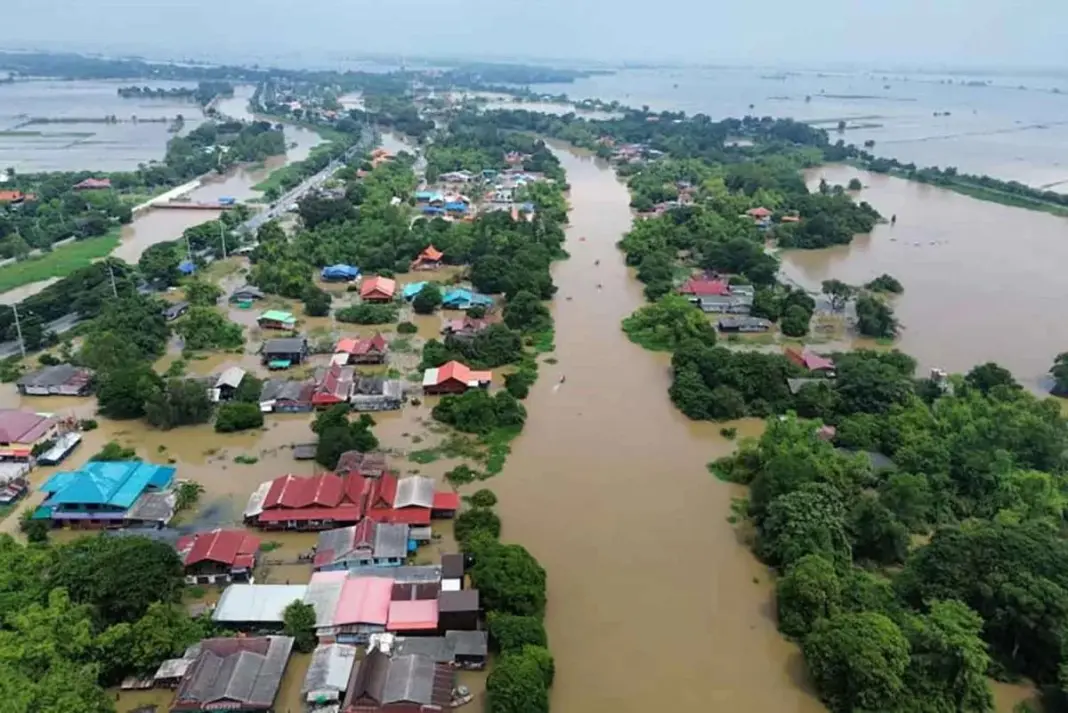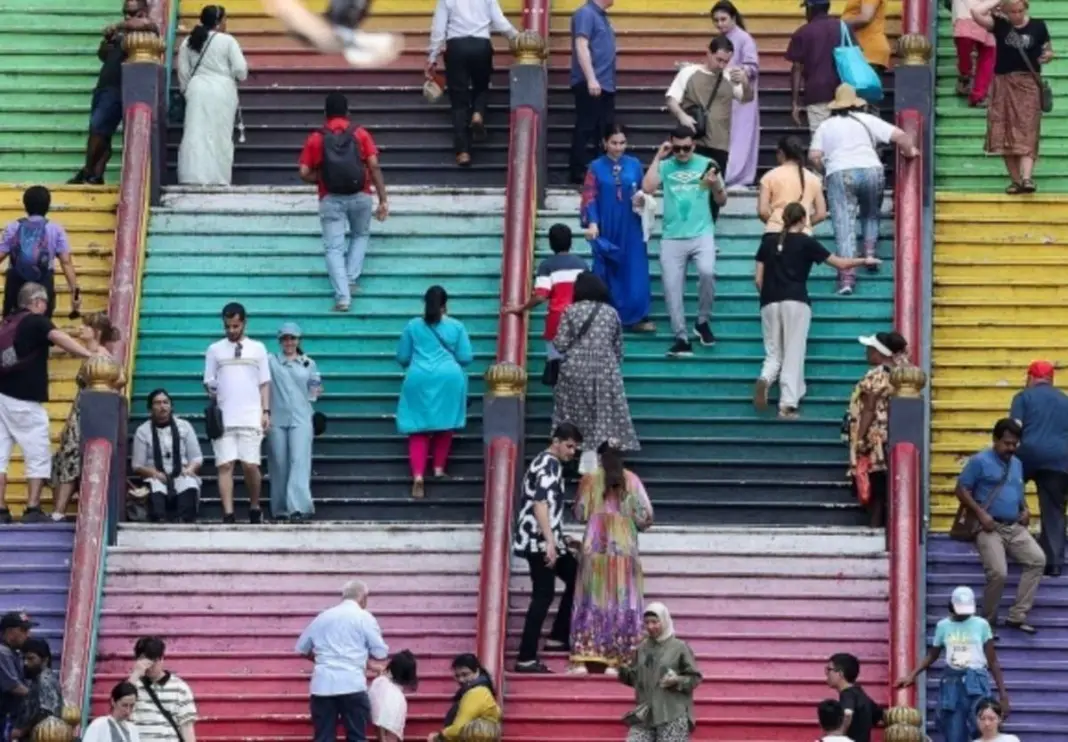Ex-Premiers Accused Over Thai Border Casino Links
Fresh investigations cast a harsh spotlight on Thailand’s former leadership. Ex-Prime Minister General Prayut Chan-o-cha and ex-Interior Minister General Anupong Paochinda now face scrutiny over casino developments along the Thai-Cambodian border. Their border policies may have unintentionally aided criminal networks.
On October 31, 2014, Prayut spoke about strategic partnerships and infrastructure after a visit to Cambodia. Both countries agreed to upgrade four border checkpoints, including Ban Tha Sen in Trat and Chong Sai Taku in Buriram. The official goal was to deepen ASEAN integration.
Less than a year later, on August 29, 2015, Anupong signed further deals on special economic zones and permanent border crossings. These very checkpoints later became gateways to casino and investment complexes tied to sanctioned Cambodian business tycoon Oknha Try Pheap.
From Economic Zones to Crime Hotspots
The developments raise alarm. Thailand built a 6.6-kilometre road, completed in January 2021, linking Ban Tha Sen directly to “Tamoda City” in Cambodia’s special economic zone. What began as economic cooperation soon turned into a hub for online crime.
Critics now ask: Did the National Council for Peace and Order’s economic policy unintentionally boost criminal activity? Infrastructure meant for legal border traffic may now serve illegal networks.
New Thai Government Faces Tough Choices
Prime Minister Anutin Charnvirakul’s government finds itself in a bind. How should it handle Tamoda City, which houses more than just casinos and is tangled in transnational interests? The situation grows more complex as new Navy Commander Admiral Phairoj Fuengfungchan suggests repurposing controversial casino buildings for joint border use, rather than demolishing them.
This proposal sparks public backlash. Residents in Trat warn that “joint use” could undermine Thai sovereignty. They demand the complete removal of the buildings.
Sa Kaeo Land Disputes: Law and Humanity
Anutin also addresses land disputes in Sa Kaeo. On October 2, he promises the government will apply proper laws while considering humanitarian needs. Yet decisive action by the previously suggested October 10 deadline now seems unlikely.
The situation highlights the complexity of Thailand’s border policy—balancing economic growth with the risk of crime, and now, questions of historical responsibility.
Urgent Decisions Ahead for Thailand’s Border Policy
These revelations expose the long-term impact of political decisions. As former leaders face calls to answer for their actions, the current government must act quickly to correct past mistakes—without damaging ties with Cambodia.




